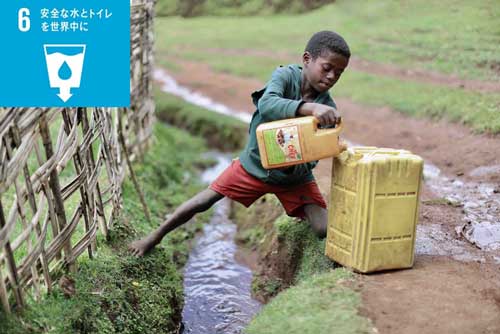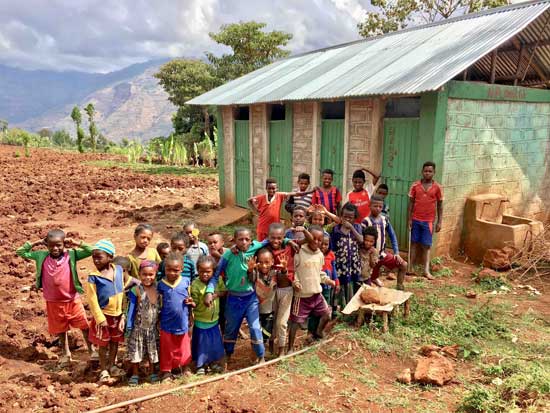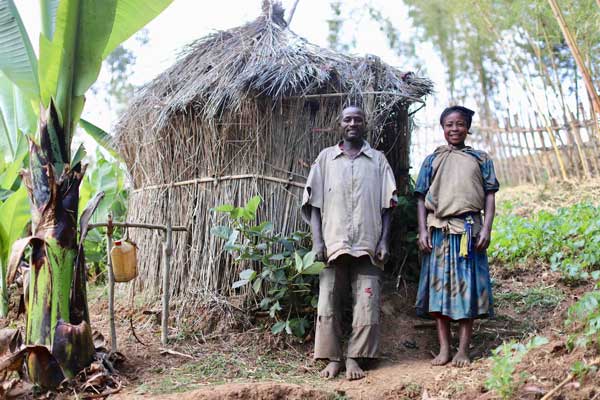World Toilet Day
What is World Toilet Day?
World Toilet Day may seem strange to many, but it is an officially designated UN International Observance Day on November 19th that celebrates the importance of toilets by raising awareness on the broader global sanitation crisis.
Toilet problems on a global scale
Here are a few sobering facts:
- 4.2 billion people around the world do not have access to safely managed sanitation *1
- 673 million people practice open defecation *2
- Every day more than 700 children, or about one every two minutes, die from diarrheal diseases (not counting other water-borne diseases) which are preventable *3
For something that often is taken for granted, many of us may not appreciate the full extent to which toilets contribute to our health and our way of life. In fact, toilets are a very fundamental aspect of our lives that affects us in more ways than we could imagine.
However, on a global scale, we are not doing well in this regard. The UN Secretary General Antonio Guterres said in July this year that "SDG 6 (Water and Sanitation for all by 2030) is badly off track." A lack of progress on SDG 6 affects all other SDGs, specifically global health, education, food, gender equality, energy and climate change.*4 Without clean water and decent toilets, it would be difficult to combat and prevent pandemics globally.
The state of toilets in Ethiopia
Although Ethiopia is one of the fastest growing economies on the African continent, about 8,500 children die each year from water borne diseases. 93% of Ethiopians do not have access to decent toilets, which is the highest in the world. *5 Ethiopia’s population of about 109 million is almost equal to that of Japan. Can you imagine 93% of Japanese without access to toilets?
These facts are hard to digest, but they are quite real at HOPE's project sites. Open defecation is commonly practiced especially in community households that lack toilet facilities. Inconsistent usage of toilets coupled with open defecation not only affects public health but also children’s education. The spread of diarrheal and other infectious diseases among children affects their attendance at school. Poor access to health services and the lack of resources to purchase medication further exacerbates this situation, leading to deteriorating health and compromised economic livelihoods, ultimately falling into the poverty trap devoid of income and education.
60% of Ethiopian schools do not have decent toilet and sanitation facilities, but where available, they are often unhygienic and unprotected. Such toilets disproportionately impact girls during their menstrual cycle and affect their school attendance.
HOPE's work on toilet improvement in rural communities
However, HOPE has been addressing these issues of sanitation and hygiene for many years now. Our staff educates local communities at the household level on hygiene and sanitation practices, and instructs them on building simple toilets for their own use. By creating awareness of the importance of sanitary practices, combined with making clean water more accessible through the construction of a water distribution system, we have witnessed a dramatic reduction in the occurrence of diseases in the communities we engage with.
According to the World Toilet Organization, for every $1 invested in basic sanitation in rural areas, the returns are more than $5 in reduced medical costs and increased productivity. Sanitary and hygienic toilets are fundamental in the improvement of lives and in breaking the poverty cycle.
We hope that this article has shed some new light on your perception and appreciation for toilets.








